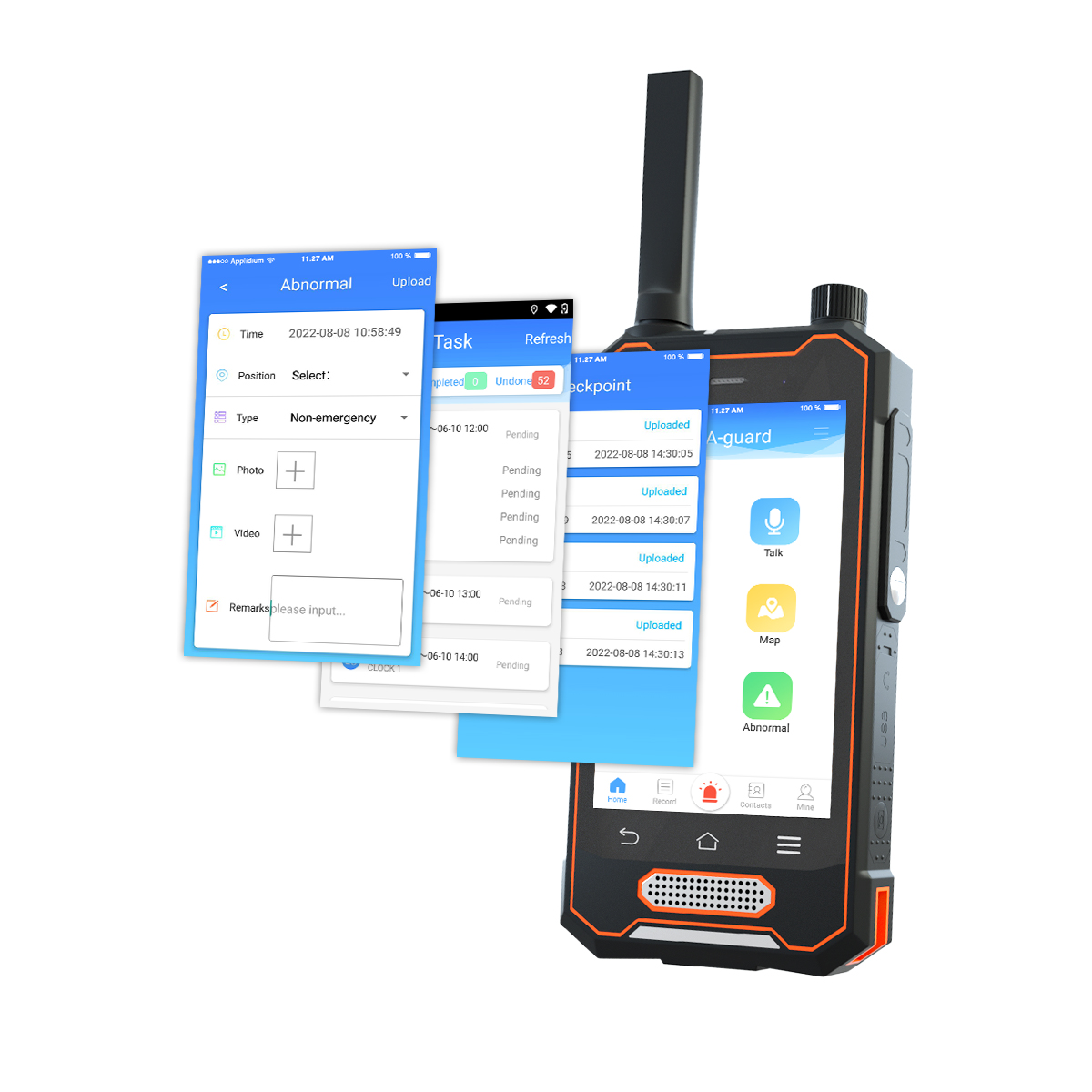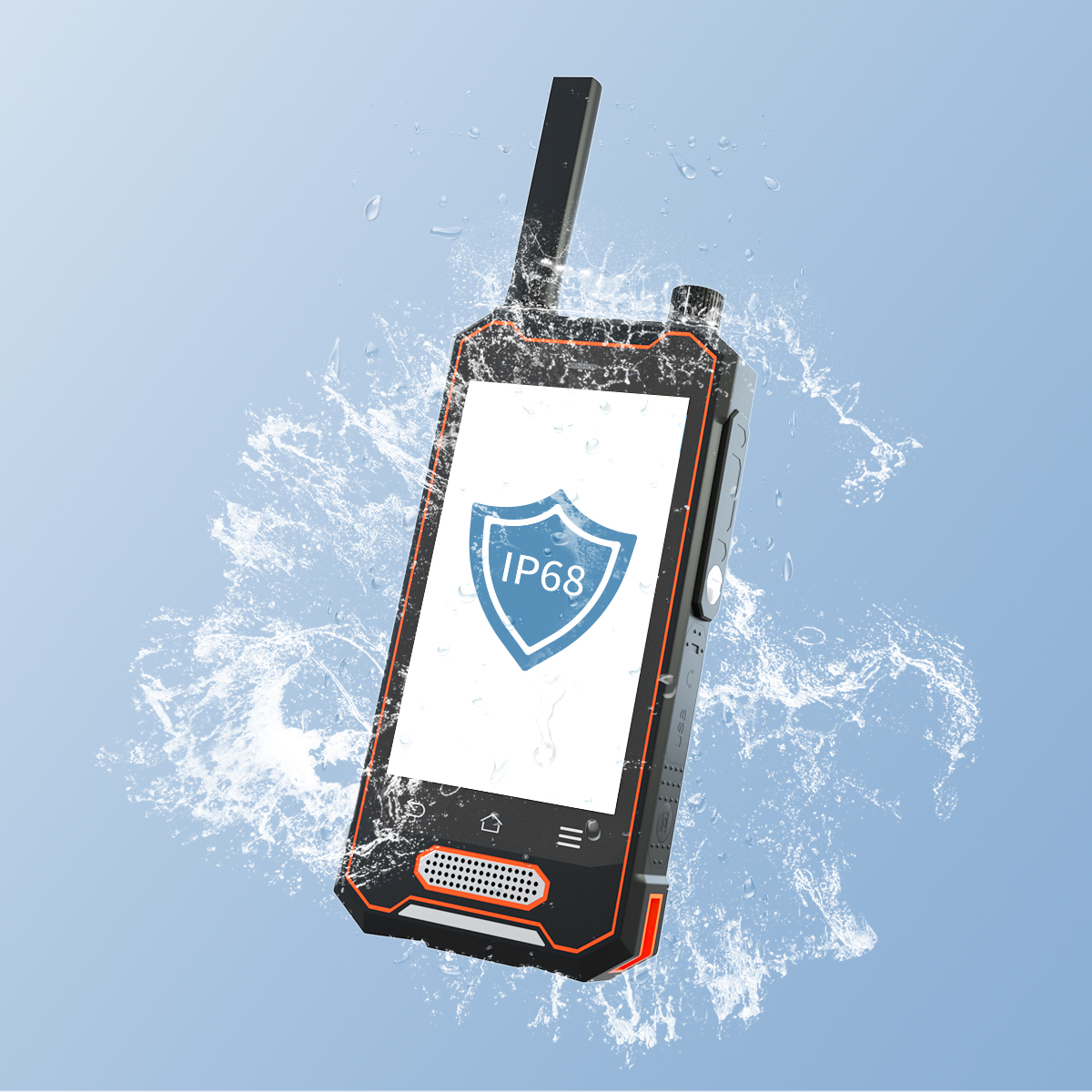

One of the most significant trends in guard tour system innovation is the integration of IoT. IoT has revolutionized security systems by connecting devices, sensors, and software into a unified network. For patrol systems, IoT enhances real-time monitoring, data collection, and communication between security teams and their command centers.
IoT-enabled guard tour systems allow for the deployment of smart checkpoints equipped with sensors that can detect motion, temperature changes, and even unauthorized access. These checkpoints automatically pass data to a centralized system, eliminating the need for manual entry and minimizing human error. For example, if a guard fails to check a specific point or encounters a violation, the system can immediately sound an alert, prompting immediate action.

As guard tour systems evolve, AI and ML play a key role in redefining the capabilities of patrol systems. These technologies bring advanced analytics, automation, and decision-making tools that improve the efficiency and effectiveness of security operations. One of the main applications of AI in patrol systems is incident prediction and prevention. By analyzing historical patrol data, AI algorithms can identify patterns and predict potential security risks. For example, areas frequently bypassed during patrols may indicate vulnerabilities requiring close attention. AI-driven insights enable organizations to address these risks before they escalate proactively.
Adopting cloud solutions for guard tour systems is expected to accelerate in 2024. Cloud technology offers a range of advantages, including scalability and accessibility, cost-effectiveness, and real-time updates. One of the prominent features of cloud-based guard tour systems is centralized data management. All patrol data, including checkpoint logs, incident reports, and performance indicators, is securely stored in the cloud. This enables organizations to access and analyze data from any location, facilitating collaboration and informed decision-making.
Cloud-based systems also enable real-time monitoring. Security managers can track guards’ movements, verify checkpoint visits, and receive instant notifications about incidents or missed patrols.
The growing reliance on mobile technology is influencing the evolution of patrol systems. In 2024, mobile apps will become an indispensable tool for security teams, providing greater flexibility, connectivity, and functionality.
Mobile guard tour systems allow security personnel to view patrol schedules, log checkpoint visits, and report incidents directly from their smartphones or tablets. This eliminates the need for specialized equipment, reducing costs and simplifying operations. Additionally, mobile apps often come with user-friendly interfaces, making it easier for security personnel to navigate and perform their duties effectively.

Sustainability is a growing concern across industries, and the security industry is no exception. In 2024, patrol system innovations will increasingly focus on reducing environmental impact and improving energy efficiency.
One way to achieve this is through the use of energy-efficient equipment. Modern patrol systems are designed to reduce power consumption, extend battery life, and reduce the need for frequent battery replacement. For example, IoT-enabled checkpoints often feature low-power sensors that operate efficiently without compromising performance. Digital transformation can also enable sustainable development by reducing paper use. Cloud-based and mobile systems eliminate the need to print patrol logs, incident reports, and schedules, reducing waste and streamlining operations.
As we move into 2024, guard tour system innovations will redefine how organizations manage security. These trends, from IoT integration and AI-driven analytics to cloud-based solutions and sustainable practices, reflect the industry's commitment to increased efficiency, accountability, and adaptability. Organizations that adopt these innovations will gain a competitive advantage by staying ahead of emerging threats and meeting evolving security operations needs.